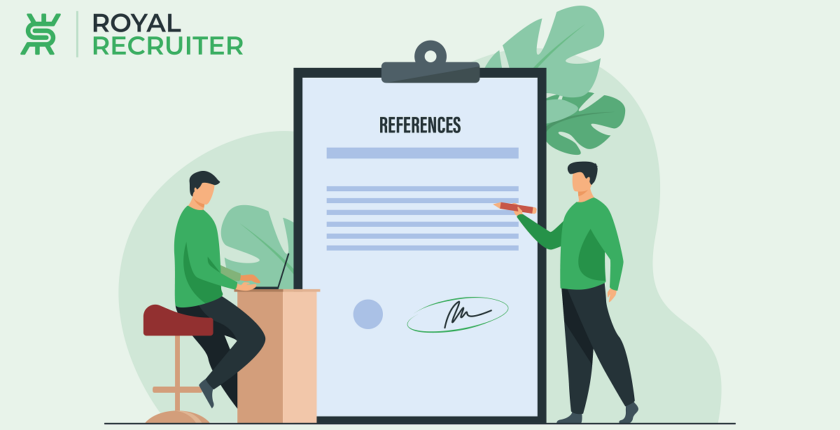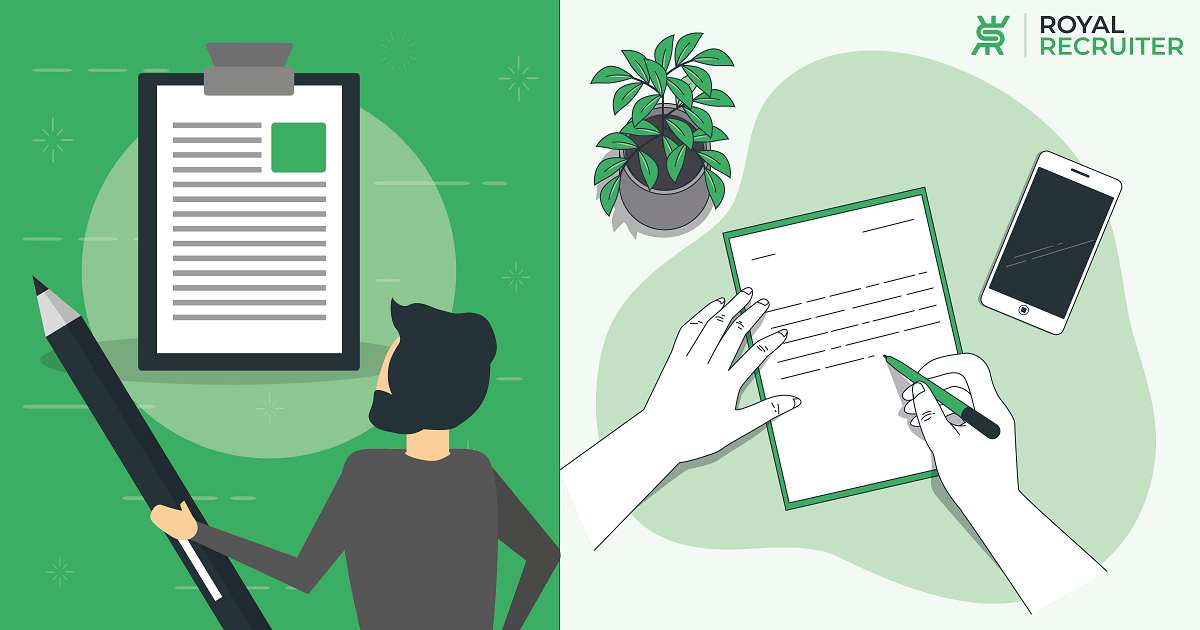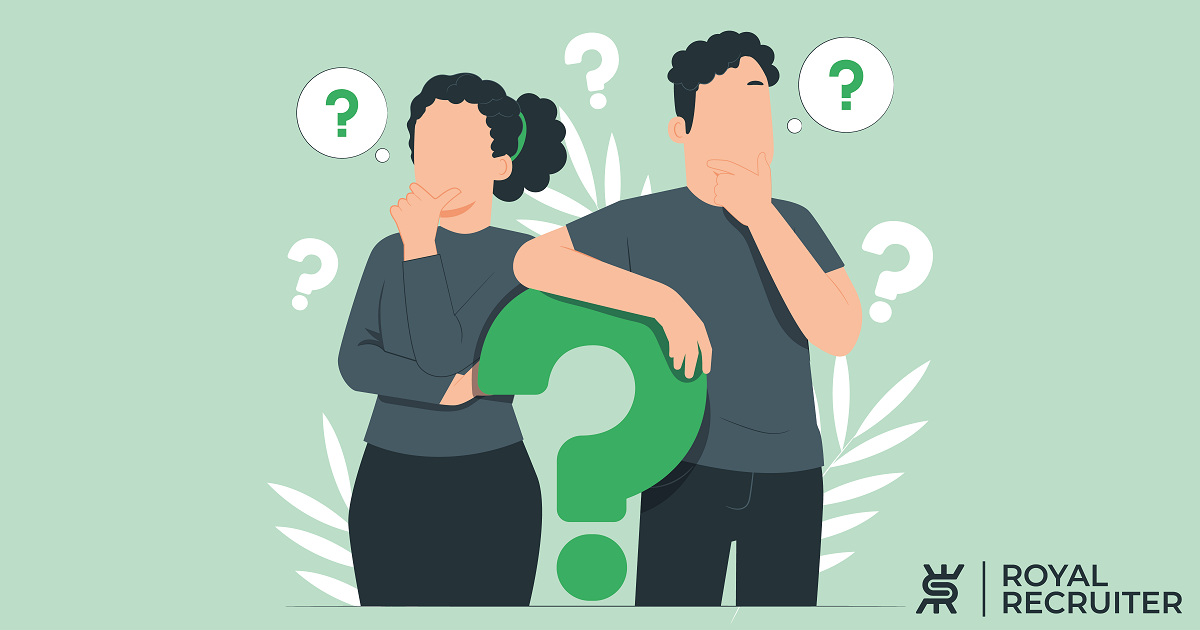How Many References Should You Have On A resume?

References can add extra value to your resume if they are used properly. If you’re confused about how many references should you have on a resume? This article is for you
Writing a resume can be a daunting task, especially when it comes to deciding how many references to include. On the one hand, having a long list of references may seem impressive and show that you have a wide network of professional contacts.
Also, a lengthy list of references may also be seen as unnecessary and may even detract from your resume’s overall content and effectiveness.
So, how many references should you have on your resume? Let’s find the answer!
First, it’s important to understand that references are not typically required as part of a resume. However, many job applicants include a list of references on their resumes to provide additional information about their skills and experience.
This can be especially helpful if you are a recent graduate and have limited or no work experience.
If you find it necessary to include references. In general, adding one to three references to your resume is recommended. This number is sufficient to provide a well-rounded representation of your skills and experience while not overwhelming the reader with an excessively long list.
It’s also important to choose your references carefully, as they should be able to speak to your qualifications and provide specific examples of your work.
When selecting references, consider individuals who can speak to your skills and experience in a relevant and positive way. These might include former supervisors, coworkers, professors, or professionals who have worked professionally with you.
It’s a good idea to ask for permission before including someone as a reference, as potential employers will likely contact them.
How To Format Reference Section In Resume?
The reference section of a resume is typically located at the bottom of the document, after your education and work experience sections. It is important to format this section in a clean and professional way so that it reflects well on you as a candidate.
Here are some tips on how to format your reference section:
- Use a consistent font and layout: The font and layout of your reference section should match the rest of your resume. This helps to create a cohesive and professional-looking document.
- Include the name, title, company, phone number, and email address of your references: Be sure to include all relevant contact information for your references, so that potential employers can easily get in touch with them.
- Use bullet points: Organize your reference information into bullet points, as this makes it easy for potential employers to read and understand.
- Include a mix of professional and personal references: A mix of professional and personal references can provide a well-rounded perspective on your qualifications and abilities.
- List your references at the end of the resume: As previously mentioned, the reference section is typically located at the bottom of the resume, after the education and work experience sections.
To know about whole resume format and layout, read “What should a resume look like“
Should You Add Relevant References Only?
When it comes to including references on your resume, one of the biggest questions is whether to include only relevant references or a mix of both relevant and non-relevant references. The answer to this question depends on the specific circumstances of your job search and the employer’s preferences.
One of the main advantages of including only relevant references on your resume is that it allows you to demonstrate your qualifications and experience for the specific job you are applying for.
These references will be able to speak to your relevant skills and experiences and provide specific examples of how you have excelled in similar roles. This can be especially beneficial if you’re applying for a similar field or industry job.
On the other hand, including non-relevant references can also have its advantages. For example, suppose you’re a recent graduate or have limited work experience. In that case, non-relevant references can provide additional information about your character, work ethic, and other qualities that are important to employers.
Non-relevant references can also be useful if you are applying for a job in a field that is different from your previous experience.
Ultimately, whether to include only relevant references or a mix of relevant and non-relevant references on your resume will depend on your specific job search and the employer’s preferences. It’s always a good idea to check the company’s application instructions if any and follow them.
In addition to traditional references, it’s also worth adding a link to an online portfolio or a professional social media profile, such as LinkedIn of reference. By which the hiring manager or employer can know about the references too.
Frequently Asked Questions
Are Professional References More Important Than Personal references?
Both professional and personal references can be valuable, depending on the job and the preferences of the employer. It is important to consider the relevance of the reference to the specific job you are applying for.
Can I include references on my resume without asking for permission?
You can, but you shouldn’t because it’s unprofessional. That’s why it is best to ask for permission before including someone as a reference on your resume. This allows them to prepare for any potential calls or emails from employers.
Is It Possible To Use The Same References For Multiple Job Applications?
If you are applying for similar roles, you can use some of the same references, but be sure to let them know that you are using them in multiple applications.
Can I Use My Current Supervisor As A Reference?
It is best to use a past supervisor as a reference, as your current supervisor may not be able to speak as candidly about your work performance.
How Should I Ask Someone To Be A Reference For Me?
You can ask someone to reference you by email or in person. Be sure to give them a copy of your resume and any relevant information about the job you are applying for.Top Writing Job jobs near you




